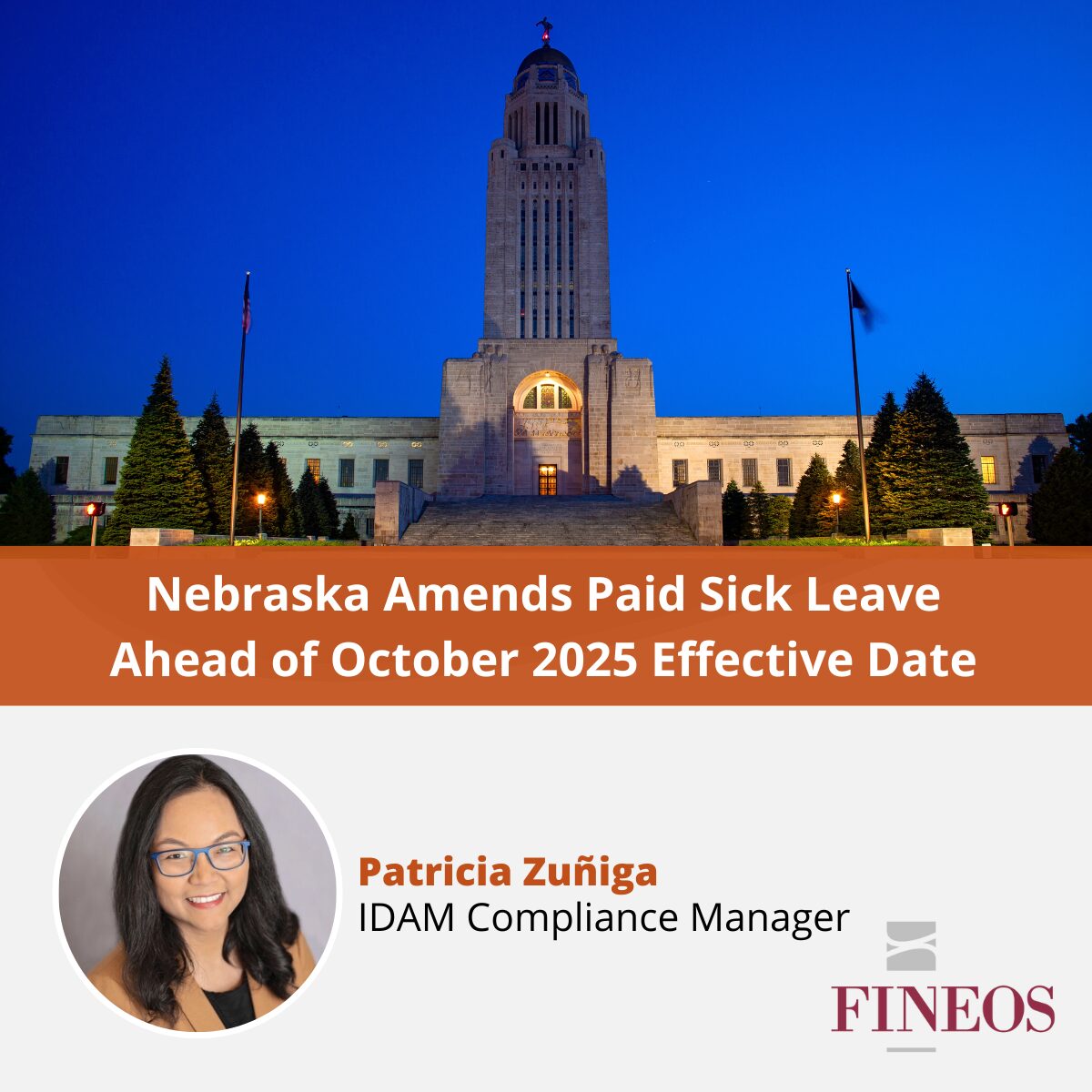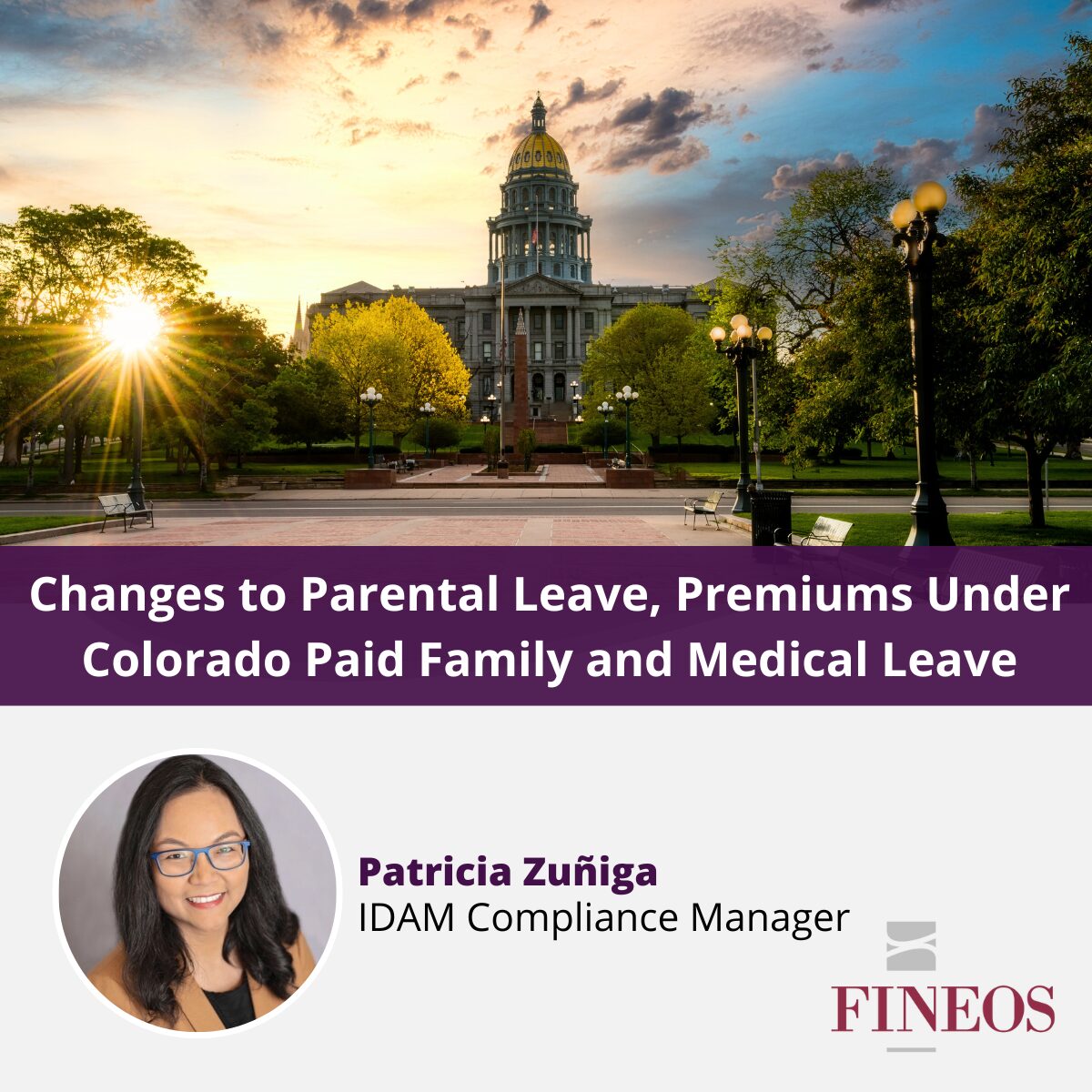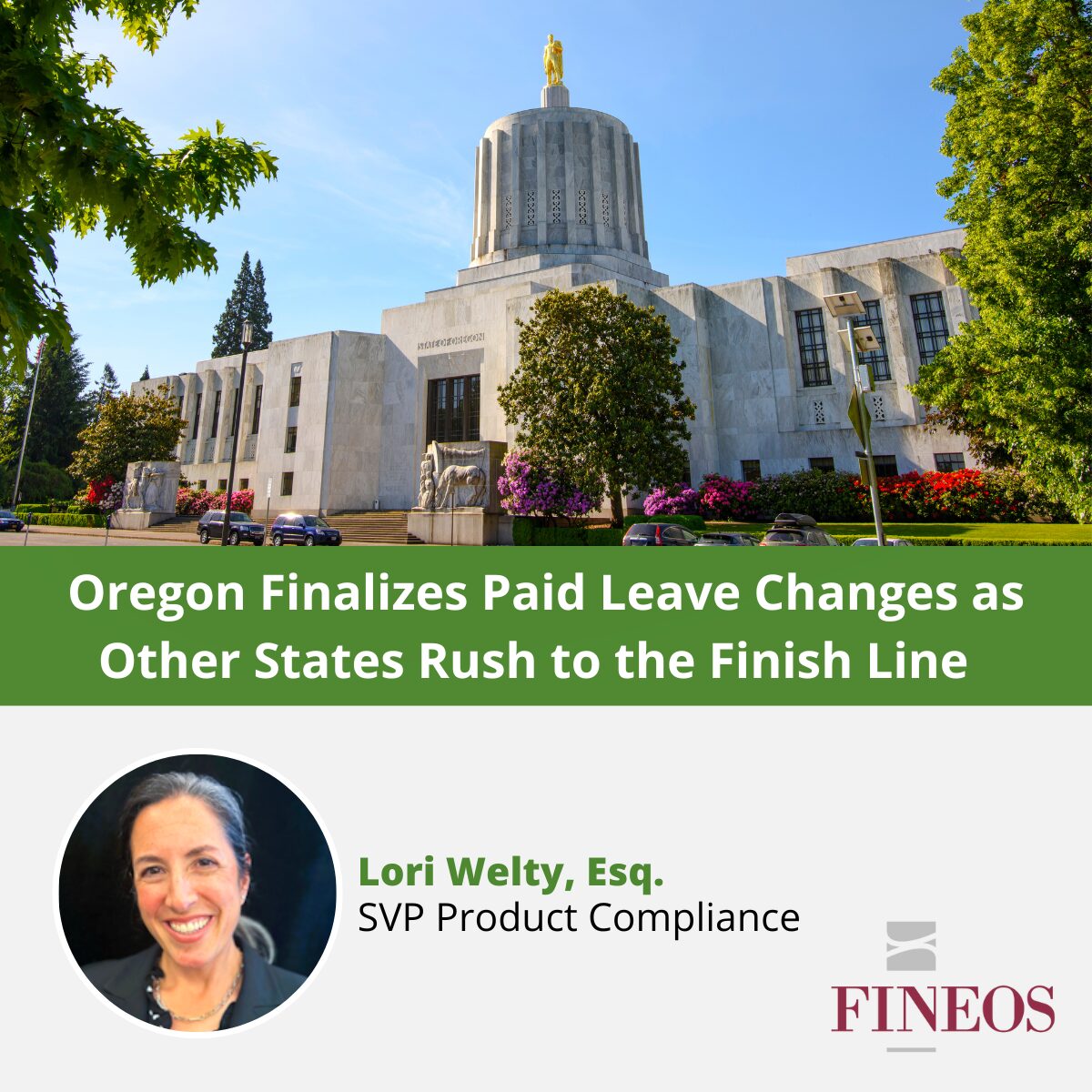The states are off to the races, as they’ve begun the year with a slew of new paid family and medical leave initiatives. Some of the latest proposals include a novel duel-state program, six months paid family leave, and paid vacation:
Vermont and New Hampshire Join Forces
New Hampshire Governor Chris Sununu and Vermont Governor Phil Scott introduced the “Twin State Voluntary Leave Plan” – a first of its kind bi-state voluntary paid family and medical leave program. At the plan’s core, it provides paid family and medical leave for both states’ public workforce, amounting to a combined 18,500 employees. From there, private employers (and individuals) can opt into the program. Under the proposal, covered employees would receive 60% wage replacement for six weeks of leave taken for:
- the birth, foster placement, or adoption of a child;
- the serious health condition of the employee’s spouse, child, or parent;
- an employee’s own serious health condition;
- military caregiver leave; or
- a qualifying exigency due to the employee’s spouse, son, daughter, or parent covered active military duty.
The states together, through an RFP process, would choose an insurance carrier or carriers to manage the plan. Employers who opt into the program would have different rates, depending on employee participation and head count. While some tout the proposal as providing a much-needed benefit to both states’ employees, others express skepticism that a voluntary opt-in program will be sustainable and accessible.
California Paid Parental Leave
California Governor Gavin Newsom has announced that his upcoming budget proposal will include a paid parental leave program providing for six months of paid leave, with the time to be split between two caregivers. Although California already provides paid benefits for employees to bond with a new child, those currently are limited to 6 weeks with partial pay. Details on the new plan remain to be seen, but the Governor is convening a task force to study various methods to structure and pay for the program, including a broader tax reform that could fund it.
Massachusetts Releases First Draft of Paid Family and Medical Leave Regulations
Benefits under Massachusetts Paid Family and Medical Leave law begin on January 1, 2021, with full leave benefits rolling out on July 1, 2021. The required tax deductions begin on July 1, 2019. On January 23, the enforcing agency, the Massachusetts Department of Family and Medical Leave issued its initial draft regulations for public input. The regulations are a comprehensive start, covering such topics as contributions, claims, notifications, eligibility, and denials and appeals.
Massachusetts has set forth the following timeline for the rollout of the program:
- 3/31/2019: Publish regulations for collecting contributions and processing benefits
- 7/1/2019: DFML begins collecting contributions from employers
- 1/1/2021: Benefits available for bonding with a new child, servicemember-related events, and serious personal health conditions
- 7/1/2021: Benefits available for the care of a family member with a serious health condition
Nationwide Activity Continues
Across the country, states continue to propose paid family and medical leave programs at a steady clip. Just in the first part of January, paid family leave legislation has been proposed in a number of states, including Florida (House Bill 393), Illinois (House Bill 9), Indiana (House Bill 1302), Missouri (Senate Bill 162), Mississippi (Senate Bill 2320), New Mexico (House Bill 213), Oklahoma (House Bill 2464), Oregon (Senate Bill 121), Virginia (Senate Bill 736). If past predicts the future, we anticipate a continued steady pace of proposed and enacted legislation.
Taking Paid Leave a Step Further
Always a trendsetter, New York City through its Mayor Bill DeBlasio, recently announced proposed legislation that would require businesses with 5 of more employees to provide 10 days of paid personal/vacation time per year. The paid time would be provided in addition to other statutory paid leave benefits, including Paid Sick Time and Paid Family Leave. The cost of the new leave would be borne by employers. The NYC City Council has not yet passed the ordinance.
As state-mandated paid family and medical leaves continue to multiply, employers and insurers need to be equipped to administer leaves and claims in an efficient, automated manner to remain compliant with the multitude of overlapping obligations. FINEOS Absence is designed to handle the intersection of job protected leave entitlement with pay benefits and claims in a single case, making FINEOS uniquely suited to integrated disability and absence management (IDAM) in the changing US market.
If you’d like to discuss this further, please contact me at Lori.Welty@FINEOS.com.


